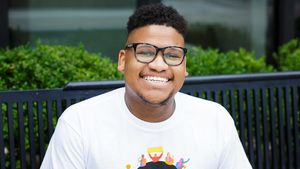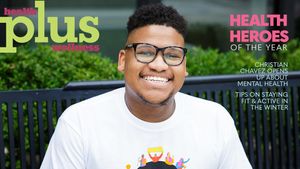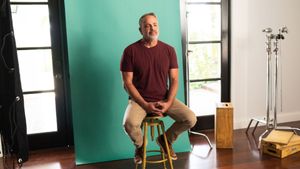News
Youth mental health crisis calls in Oklahoma skyrocket after Nex Benedict’s death

Shutterstock; Courtesy Kasandra Phelps via GoFundMe
Trans and nonbinary youth in Oklahoma are suffering from the news of the death of a bullied high school sophomore.
February 22 2024 10:52 AM EST
February 22 2024 12:08 PM EST
Cwnewser


















































































